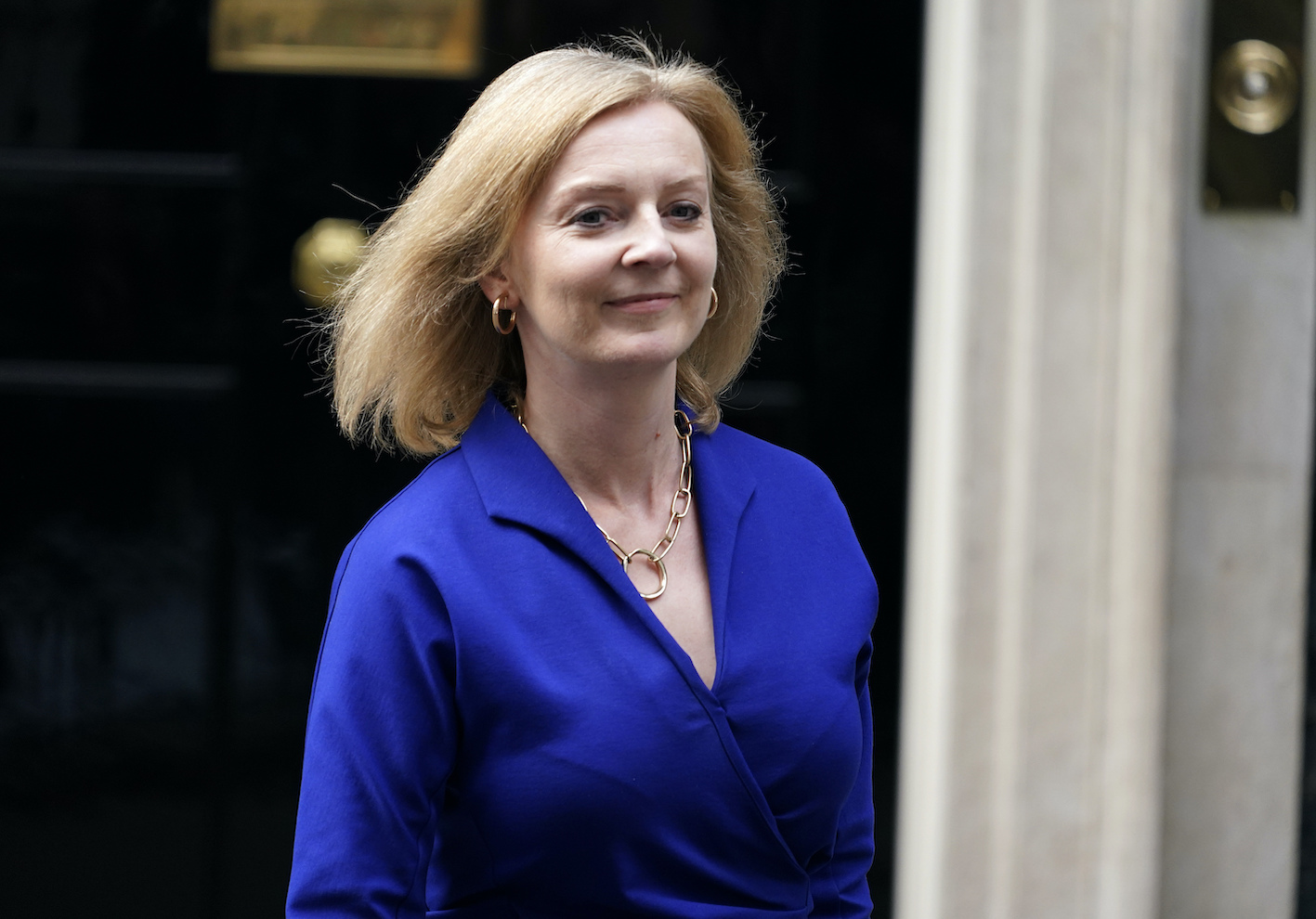The United Kingdom is increasingly taking progressive issues such as women’s rights and climate protection into account when concluding trade agreements, according to Politico.
Experts are divided on the issue of incorporating moral issues into trade agreements, though. According to some, the deals get “devalued.”
Protection of animal rights, commitment to ensuring an effective environmental policy, cooperation with the natives, and emphasis on women’s equality and the promise of fighting “modern slavery” are all a part of Britain’s recently concluded trade agreement with New Zealand regarding clauses outside the economic core of the agreement.
“As Commerce Minister, I want to conclude agreements that break down barriers and help level the conditions,” said British Foreign Minister Liz Truss, who was the time International Trade Minister at the time.
According to its defenders, a moral policy has positive economic consequences, and women’s empowerment and investment in the green economy provide new business opportunities.
“Trade now affects every single area of public policy. It’s just nonsense to think that business should exist on its own,” said Chris Southworth, general secretary of the British branch of the International Chamber of Commerce.
On the other hand, Conservative, senior government trade adviser Daniel Hannan believes that such important moral issues should be treated as “separate issues” and not associated with trade matters.
“It is not what a trade agreement is about. A trade agreement is about identifying specific barriers and removing them,” he said.
His colleague from a different part of the political spectrum, former Liberal Democrat leader Vince Cable, shares this view. According to him, too much emphasis on progressive values “devalues” and “blocks reasonable trade agreements.”






